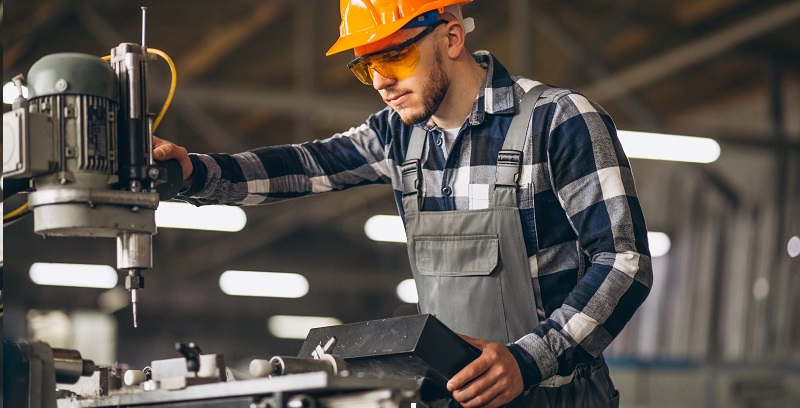Schedule a Call Back
GOI identifies 300 laws for potential decriminalisation to boost business
 Industry News
Industry News- Sep 26,24

Related Stories

Role of sustainable practices in manufacturing: Hitendra Bhargava
As the push for renewable energy and resource preservation deepens, sustainable practices in manufacturing arise as a leading light in nurturing a healthier planet.
Read more
Bureau of Indian Standards: A key compliance in the Indian market
As global trade evolves, imports have become essential in meeting the complex needs of diverse markets.
Read more
Vadodara power equipment makers see strong growth amid renewable energy boom
Vadodara has been a key player in power equipment manufacturing for five decades, home to around 200 medium and large manufacturers, including major names like ABB, Siemens, and Schneider Electric.
Read more











